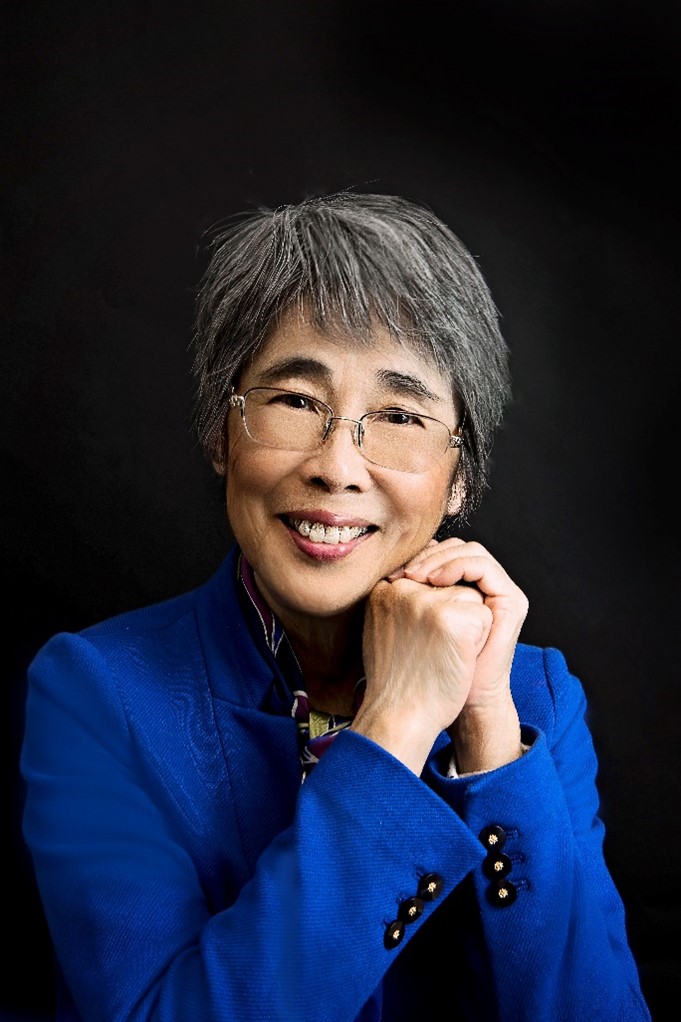
New Endowed Fellowship for Occupational Therapy Students
Celebrating 65 Years of Helping People Live Full, Healthy Lives
The UW School of Medicine’s Occupational Therapy program prepared Chana Hiranaka for a rewarding career. Now, she’s paying it forward.
In 2024, the UW School of Medicine’s Division of Occupational Therapy (OT) will celebrate its 65th anniversary. Since its founding, the program has been dedicated to advancing the field of occupational therapy through clinical education, training and research.
To date, the program has graduated over 1,000 students, including Dr. Chana Hiranaka, BS ’72. Hiranaka was inspired at a young age to become an occupational therapist after she saw a personal example of how OT can help others thrive.
As a student in Seattle, she chose her hometown and the University of Washington to pursue her education because of its outstanding OT program. The excellent classroom learning and clinical experiences helped her succeed, but she says it was the interactions with caring professors who supported her — not just as a student but as an individual — that made her time at the School impactful.
After graduating from the University of Washington, she went on to earn her master's and PhD and has become a leader in the field of occupational therapy.
Because supporting students is so important to her, Hiranaka also dedicates her time to serving as a mentor and instructor for OT students.
“My OT education provided me with a solid foundation for a fulfilling career,” says Hiranaka. Now, she’s paying it forward by supporting students and giving a generous gift aimed at helping future occupational therapists succeed.

As a profession, occupational therapy aims to help individuals learn or regain skills that allow them to live a full, healthy life. This can include training in self-care, upper body/hand function and independent living skills such as eating, bathing, dressing, using a computer and using any special devices needed to return to school or work.
The UW Occupational Therapy program, part of the University of Washington School of Medicine’s Department of Rehabilitation, began in 1959-60 with the introduction of a bachelor’s degree in occupational therapy. This program established the high standards and groundwork for occupational therapy education.
In 1999, the program further advanced with the transition to a master’s of occupational therapy (MOT) degree, which reflected the field’s evolving complexity and need for advanced training.
Each year, the UW’s program admits a cohort of 24 students, providing them with an interdisciplinary curriculum and immersive community-based clinical training aimed at developing the skills and knowledge necessary to excel as occupational therapists.
These therapists go on to work with pediatric and adult patients with spinal cord injuries, multiple sclerosis, stroke, limb differences, fetal alcohol spectrum disorders and developmental disabilities, among many other conditions.
Chana Hiranaka’s Vision: An Occupational Therapy Fellowship
In honor of the program’s 65th anniversary, and to encourage future students to enter the profession, Hiranaka and her husband Dr. Paul Hiranaka, BS ’69, generously established an endowed fellowship that will provide crucial financial support, encouraging a diverse student population to pursue occupational therapy as a career.
She says that her motivation for endowing this fellowship was a commitment to ensuring that the UW Occupational Therapy program remains at the forefront of the field and supports a diversity of students in the program.
Hiranaka says, “I chose to endow this fellowship because I want to see our OT program at the University of Washington be a top-tier program. I believe this endowed fellowship will play a crucial role in achieving that goal by enabling the recruitment of the best students from each applicant pool.”
Hiranaka hopes that her gift will inspire other alumni to come together and collectively support the growing needs of students. Donor support can make a difference by helping shape the future of occupational therapy and ensuring the next generation of professionals are well-prepared and supported.
“Supporting the next generation of occupational therapists is essential, as they will continue to advance the profession and uphold the values we cherish,” says Hiranaka.
You Can Help Tomorrow’s Occupational Therapists Succeed
If you’d like to help train the next generation of occupational therapists, make a gift to the OT program at the University Washington School of Medicine.
As told by Patsy Cadwell